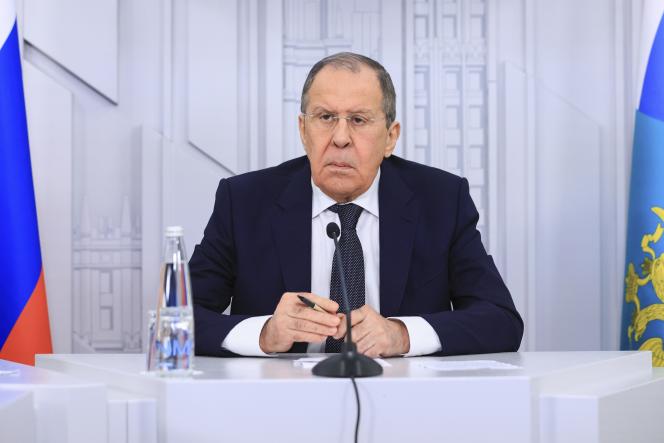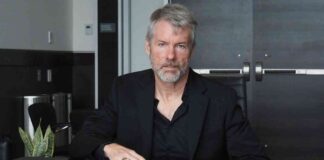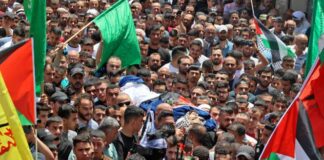Sergey Lavrov, the Russian Foreign Minister, denounced on Monday June 6 the decision of Bulgaria, North Macedonia and Montenegro, all three NATO member countries, to close their airspace to prevent it to go to Serbia.
“The inconceivable has happened,” Lavrov said in an urgently called online press conference. “We have deprived a sovereign state of its right to exercise its foreign policy”, he added, denouncing a “scandalous” measure. Mr. Lavrov was to travel to Serbia for a two-day visit. He was supposed to meet in Belgrade with Serbian President Aleksandar Vucic, his Foreign Affairs counterpart Nikola Selakovic and the Patriarch of the Serbian Orthodox Church, Porfirije.
“If a visit by the Russian foreign minister is perceived in the West as a near-global threat, it apparently means that everything is very bad there,” Lavrov quipped. He added that he invited Mr. Selakovic to go to Russia “as soon as possible”. “No one can destroy our relations with Serbia,” Lavrov said.
Sergey Lavrov further said that Russia was not going to follow the example of its “Western partners”: “As far as possible responses are concerned, we are not going to do anything that risks further complicating the ties between the peoples. »
Dmitry Peskov, the Kremlin spokesman, also reacted to the cancellation of this trip: “Such hostile acts towards our country are capable of causing certain problems (…), but they cannot prevent our diplomacy to continue its work. »
For his part, Konstantin Kosatchev, Deputy Speaker of the Federation Council, the upper house of the Russian Parliament, denounced a “NATO approach” directed “against Russia as a state and Serbia as a State” and called for a “common and extremely severe reaction” which would translate “into practical, concrete actions”.
Serbia’s ambiguous position
The head of the Serbian government, Ana Brnabic, said on Sunday that the situation around this visit was “exceptionally complicated” due to the impossibility of overflights of certain countries. She said that the Serbian president was working on the organization of the visit himself.
In Belgrade, Serbian Interior Minister Aleksandar Vulin expressed his incomprehension. In a statement, he said, “A world in which diplomats cannot seek peace is a world in which there is no peace. Those who prevented the arrival of Sergei Lavrov do not want peace, they dream of defeating Russia. (…) Serbia is proud not to be part of the anti-Russian hysteria, and the countries that participate in it will have time to be ashamed. »
Sergei Lavrov has been targeted since February 25, the day after the start of the Russian offensive in Ukraine, by European Union sanctions, as has President Vladimir Putin. At the end of February, the head of Russian diplomacy, who was to participate in the UN Human Rights Council and the Disarmament Conference in Geneva, had already had to cancel his visit to Switzerland because of the sanctions prohibiting him from flying over of the European Union.

















